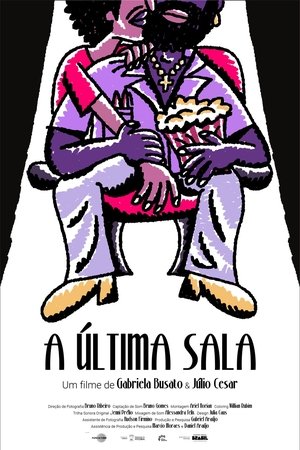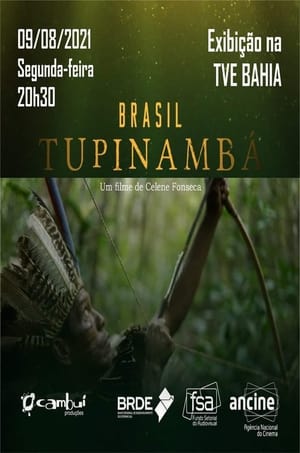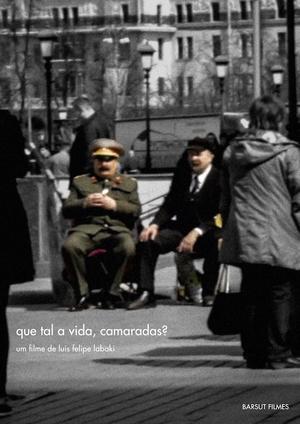Barreiras: Histórias e relatos de pessoas com deficiência frente ao capacitismo
Top 10 Billed Cast

Barreiras: Histórias e relatos de pessoas com deficiência frente ao capacitismo
HomePage
Overview
Release Date
2024-12-14
Average
0
Rating:
0.0 startsTagline
Genres
Languages:
PortuguêsKeywords
Similar Movies
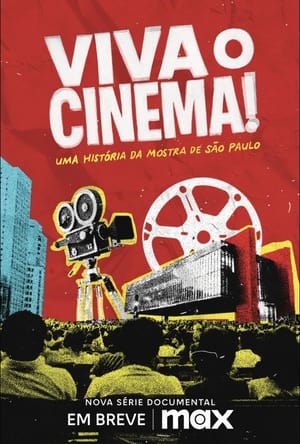 0.0
0.0Viva o Cinema! Uma História da Mostra de São Paulo(pt)
The series tells the story of the São Paulo International Film Festival, one of the most traditional cultural events in Latin America. For 48 years, the festival has showcased hundreds of films from all over the world, bringing vibrancy to the city. Filmmaker Marina Person provides an irreverent perspective, highlighting the exciting and unusual stories that have marked the festival’s journey of resistance. The series reveals the individuals who have embraced the challenge of organizing this significant cultural event in Brazil every year, despite often challenging conditions. We also delves into how the Mostra has grown to become one of the main festivals globally, shedding light on the changes in cinema, Brazil, and the world over the years.
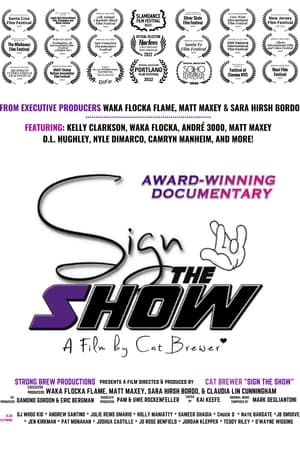 0.0
0.0Sign the Show(en)
Sign The Show: Deaf Culture, Access and Entertainment is a feature-length documentary providing insight into Deaf culture and the quest for access to entertainment. It brings together entertainers, the Deaf and Hard of Hearing (HOH) community, and American Sign Language interpreters to discuss accessibility at live performances in a humorous, heartfelt, and insightful way.
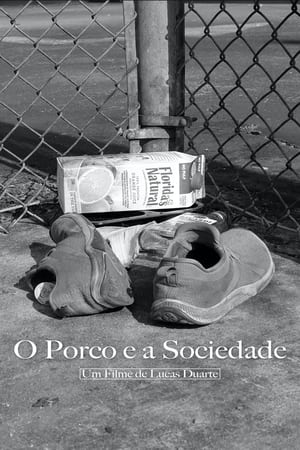 0.0
0.0The Pig and the Society(pt)
"The Pig and the Society," symbolizes the stark contrast between the excesses of wealth and the plight of those left behind. It invites viewers to reflect on their perceptions and prejudices, challenging them to see beyond the surface and understand the systemic issues perpetuating homelessness.
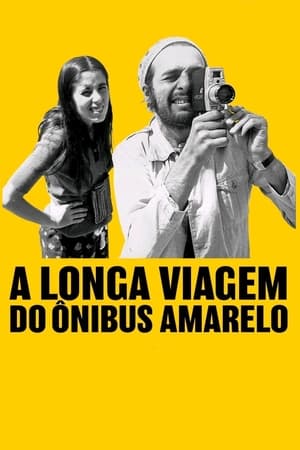 9.0
9.0The Long Voyage of the Yellow Bus(pt)
For this behemoth, Bressane took his opera omnia and edited it in an order that first adheres to historical chronology but soon starts to move backwards and forward. The various pasts – the 60s, the 80s, the 2000s – comment on each other in a way that sheds light on Bressane’s themes and obsessions, which become increasingly apparent and finally, a whole idea of cinema reveals itself to the curious and patient viewer. Will Bressane, from now on, rework The Long Voyage of the Yellow Bus when he makes another film? Is this his latest beginning? Why not, for the eternally young master maverick seems to embark on a maiden voyage with each and every new film!
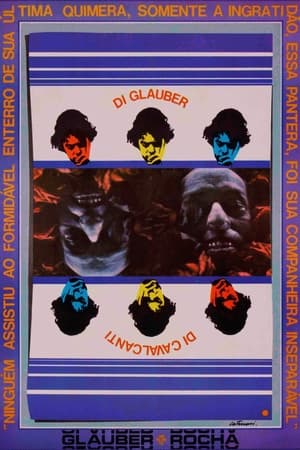 6.1
6.1Di Cavalcanti Di Glauber(pt)
This controversial film from director Glauber Rocha records the funeral of his friend, major Brazilian painter Emiliano Di Cavalcanti.
Impressões do Brasil(pt)
"Impressões" rescues the history of the Brazilian press since 1808, when the "Correio Brasiliense" clandestinely reached Rio de Janeiro after being edited in London by Hipólito José da Costa, and spans until 1986. It's the first documentary to depict the history of the Brazilian journalistic press.
 6.7
6.7Cinema Novo(pt)
A deep investigation, in the way of a poetic essay, on one of the main Latin American movements in cinema, analyzed via the thoughts of its main authors, who invented, in the early 1960s, a new way of making movies in Brazil, with a political attitude, always near to people's problems, that combined art and revolution.
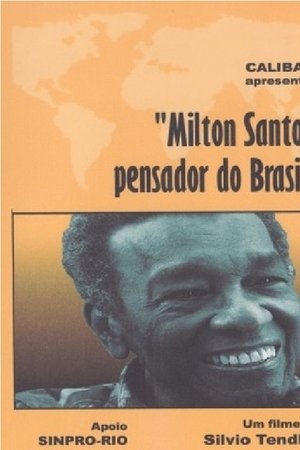 8.0
8.0Milton Santos, Pensador do Brasil(pt)
The interview, held on January 4, 2001, was the last given by Professor Milton Santos, who died from cancer on June 24 of the same year. The geographer is gone, but his thoughts remains. Its political and cultural ideals inspire the debate on Brazilian society and the construction of a new world. His statement is a true testimony, a lesson that the world can be better. Based on geography, Milton Santos performs a reading of the contemporary world that reveals the different faces of the phenomenon of globalization. It is in the evidence of contradictions and paradoxes that constitute everyday life that Milton Santos sees the possibilities of building another reality. He innovates when, instead of standing against globalization, proposes and points out ways for another globalization.
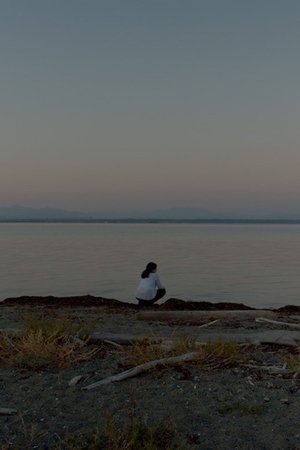 0.0
0.0Cabbage(en)
An intimate film made in collaboration with the filmmaker's family, Cabbage looks at the complexities of bodily autonomy within an ableist paradigm. Taking place in the months leading up to an international move from Canada back home to Ireland – a country they had to leave a decade prior due to severe cuts in disability services – the film focuses on her brother’s writings using eye tracking technology and her mother’s memories to explore how we shape a sense of self under the pervasive weight of unspoken assumptions and fixed definitions that get placed onto bodies. Dissecting layers of language, agency and power, the film is a subtle examination of how a human life is measured and valued.
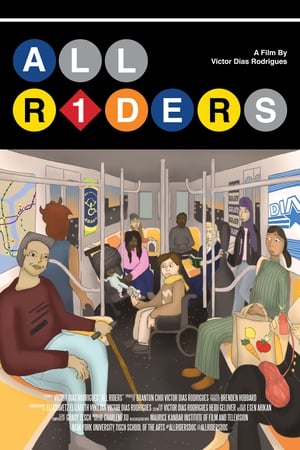 0.0
0.0All Riders(en)
The battle for accessibility in New York City Transit told by those fighting it. Less than a quarter of stations in the city's sprawling subway system are accessible to people with disabilities and those that need elevators. This film takes you on the frontlines of the disability rights movement featuring the perspectives of activists, local and state legislators, transit advocates and MTA officials.
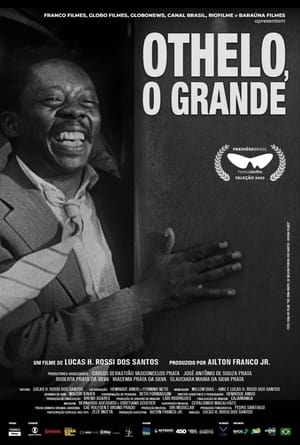 0.0
0.0Othelo The Great(pt)
A beautifully told story using archival footage to explore the life of Grande Otelo, a groundbreaking Black Brazilian actor. Overcoming poverty and racism, he built a stellar career, facing controversy yet using it to challenge prejudice.
 0.0
0.0Almeri & Ari: Ciclo do Recife e da Vida(pt)
Brazilian documentary about the pioneers Ary Severo (director, screenwriter, actor and screenwriter) and Almery Steves, his wife (actress of famous Recife Cycle films)
Mother Tongue(en)
"Mother Tongue" chronicles the first time a documentary film about Guatemalan genocide in Guatemala was translated and dubbed into Maya-Ixil—5.5% of whom were killed during the armed conflict in the 1980s. Told from the perspective of Matilde Terraza, an emerging Ixil leader and the translation project’s coordinator, "Mother Tongue" illuminates the Ixil community’s ongoing work to preserve collective memory.
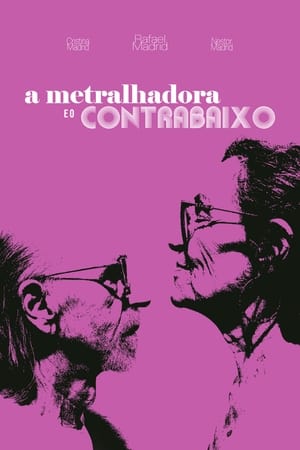 0.0
0.0The Machine Gun and the Bass(pt)
Documentary short film covering two survivors of the argentinian military dictatorship.
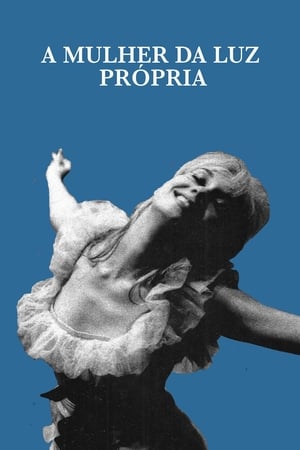 8.0
8.0A Mulher da Luz Própria(pt)
Helena Ignez is one of the main female figures of Brazilian cinema. She developed a new style of acting. Nowadays, she directs independent films. The documentary tells some of the History of Brazilian cinema, its political context and Helena's trajectory.
